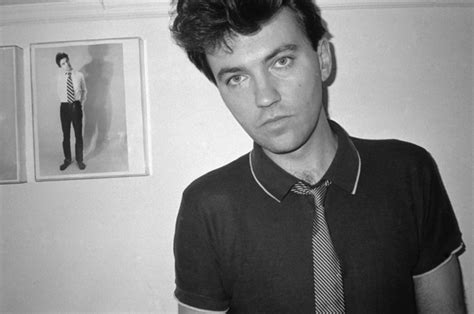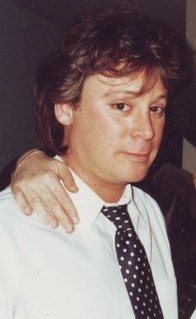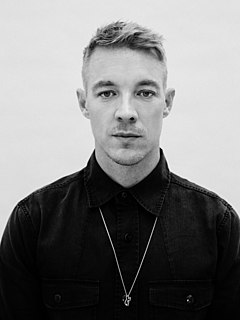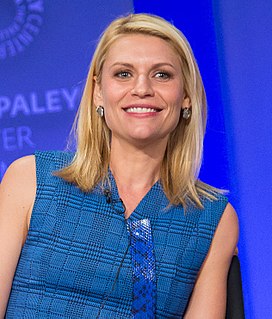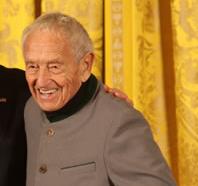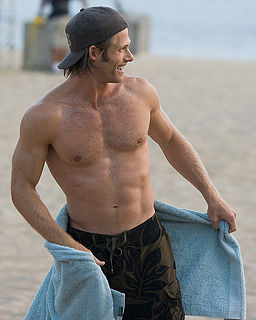A Quote by M. Scott Peck
But for the first time, I had a religious identity. I had come home. And so I called myself a Zen Buddhist at the age of 18.
Quote Topics
Related Quotes
The identity of just one thing, the "clash of civilization" view that you're a Muslim or a Hindu or a Buddhist or a Christian, I think that's such a limited way of seeing humanity, and schools have the opportunity to bring out the fact that we have hundreds of identities. We have our national identity. We have our cultural identity, linguistic identity, religious identity. Yes, cultural identity, professional identity, all kinds of ways.
The great achievement of Zen Buddhism, and all of its cultural expressions in painting or the tea ceremony or rock gardens, is a rejection of earlier Buddhist ideas which were dependent
upon narrative - all the mythological creatures that populate the Buddhist galaxy. Zen insisted on the real located in nature.
One day I saw a picture of the Buddha on a Buddhist magazine and he was sitting on the grass, and he was sitting on the grass, very peaceful, smiling, and I was impressed. Around me people were not like that, so I had the desire to be someone like him. I nourished that kind of desire until the age of sixteen, when I had the permission from my parents to go and ordain as a Buddhist monk.
When I first started producing, all I had was this little crappy sampler called a S20, which had, like, a minute sample time. I was making crappy beats since I was, like, 17 or 18, using Florida rappers, where I'm from. Then I started DJ'ing because I just wanted to have a new job. I was a schoolteacher for a while, and it was the worst job.
I felt a certain modicum of success because I had been paid well to be an actor for the first time in my life, but I felt like I had done adolescent work on the show, and stepping into the New York theater arena was the first time I felt like I'd come into my own. I felt like I was proving myself in a gladiatorial arena.





